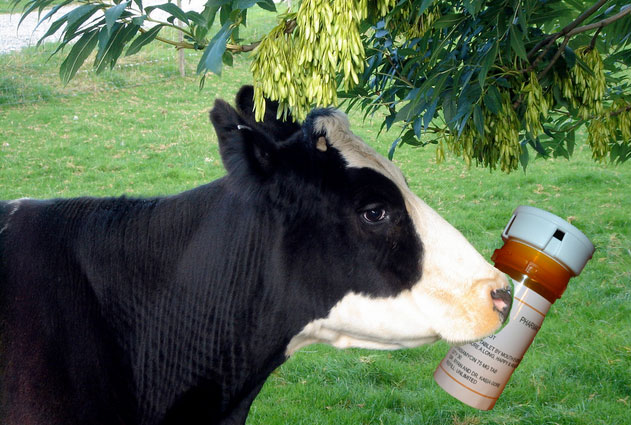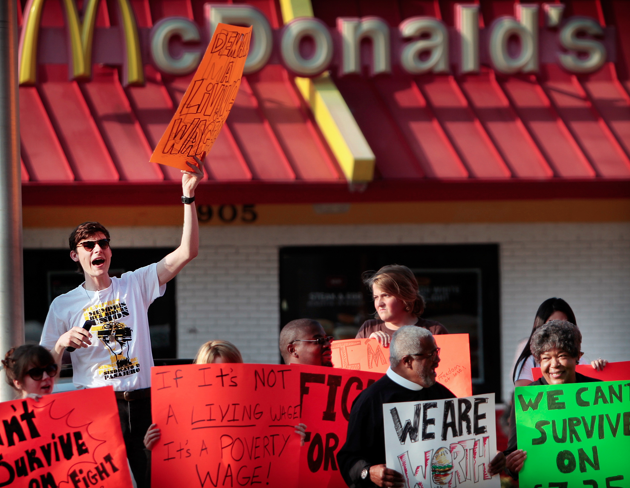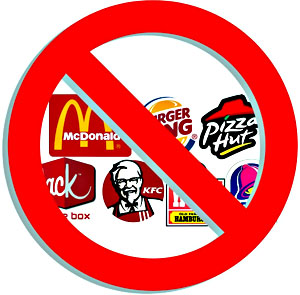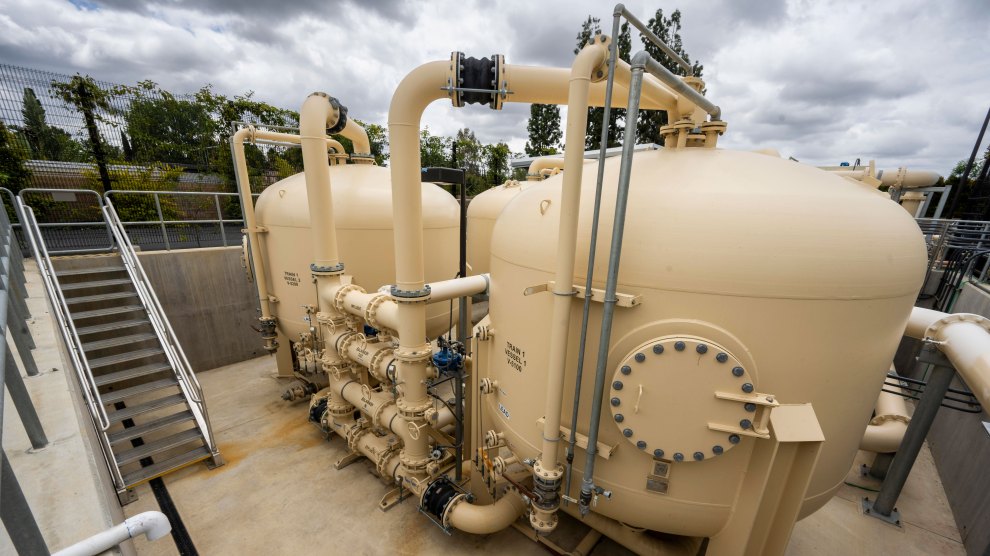
<a href="http://www.flickr.com/photos/95694268@N00/231718162/in/photolist-mtBJJ-mtBLx-pRCKd-ru9eR-ryswn-JhENk-PrxmX-SfEqk-227wYz-35e9m4-3NPs8g-4kV4kP-4mBi7W-4oYK9F-5iDbko-5qaq1S-5qtEX9-5Ektx5-5Ma2dK-5PgPVR-5XxKEa-5YEmgM-6eNXzP-6FCfXM-6Lbpda-79Y92u-7nYCUN-7oPLyp-8wUGMg-861rZ9-dtaWzJ-9PH5nW-82Crty-aTxjvB-bkKeuh-dV6ezb-9KNHkQ-a8rWFz-8nEoj1-8ivjt3-cfsLGq-8TtFhm">Social Robot</a>/Flickr and <a href="http://www.flickr.com/photos/34464825@N00/8200964252/in/photolist-duG5Xo-aU2mB2-8rwjmU-8rwjoS-8rtdrK-8rtdiH-9k7YfU-by2nsD-8bLaS6-aj4s6D-a1fs92-aZq5vn-dNdp49-dN7Qb6-8SsUgu-bSJhxg-9siY3V-8SYMxy-9b5s5M-8GGdaA-8iE7j6-83VuJK-9aZUc6-ejqfrc-8CQgjQ">Benjamin Stone</a>/Flickr
This month, McDonald’s announced that it plans to start transitioning to sustainable beef by 2016, with the goal of eventually making all of its burgers from sustainable meat. But the fast-food chain has yet to specify what, exactly, it means by “sustainable.” The company is working with the Global Roundtable for Sustainable Beef, a stakeholder group that includes Walmart and the World Wildlife Fund, to come up with a definition, and expects to announce further details of its plans in the spring. But food experts say that unless McDonald’s stops purchasing cows that are fed antibiotics to ward off disease in overcrowded feed lots, the promise will be an empty one. It’s not an unattainable goal—other chains that buy antibiotic-free beef, including Chipotle and Shake Shack, say they’ve been able to do so without significantly raising costs. But McDonald’s isn’t on board yet.
When Mother Jones asked McDonald’s whether it plans to cease using antibiotic-fed beef, a spokesman said, “McDonald’s will continue to rely on the sound science derived from this group of expert advisers including academia, suppliers, animal health and welfare experts, and the FDA, as we continue to review our policy?.” According to Hal Hamilton, founder of the Sustainable Food Laboratory, who is helping McDonald’s develop its sustainability plan, the company “definitely cares about antibiotics and other feed additives, and they would like to achieve a system that avoids things that worry consumers, but I don’t think they’ve made any specific policies.”
Food experts say that could be a problem. “You can’t have sustainable production if you’re using antibiotics other than very, very occasionally, and only when there’s a diagnosed clinical disease,” says Dr. David Wallinga, the founder of Healthy Food Action, a network of health professionals. “In the case of cattle, they shouldn’t be in feed at all.” McDonald’s has a written policy that aims to reduce antibiotic use, but the policy has been criticized for having major loopholes—such as allowing farmers to feed cows antibiotics for disease prevention, rather than merely treatment. (The McDonald’s spokesman says, “We take seriously our ethical responsibility to treat sick animals, using antibiotics to treat, prevent, and control disease in food-producing animals.”)
Last December, the Food and Drug Administration ruled that “it is important to use these drugs only when medically necessary,” given that 80 percent of antibiotics in the United States go to livestock farms, and overuse of these drugs poses a demonstrated threat to public health. For example, some women have been afflicted by antibiotic-resistant urinary tract infections that have been linked to overuse of antibiotics in poultry. But sustainability experts say the FDA’s new guidance is weak, since not only does it allow antibiotics to be used for prevention, but the recommendations are voluntary.
“The government kind of punted on this issue when it announced voluntary standards,” says journalist Michael Pollan, noting that it’s hard for the government to tackle two big industries at the same time—Big Agriculture and Big Pharma. “But if McDonald’s committed to getting rid of antibiotics, that would be a huge deal, it would change the industry.”
















